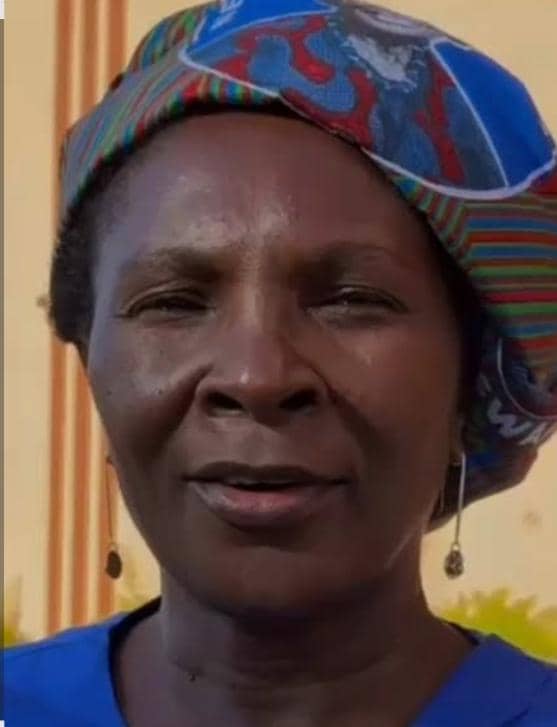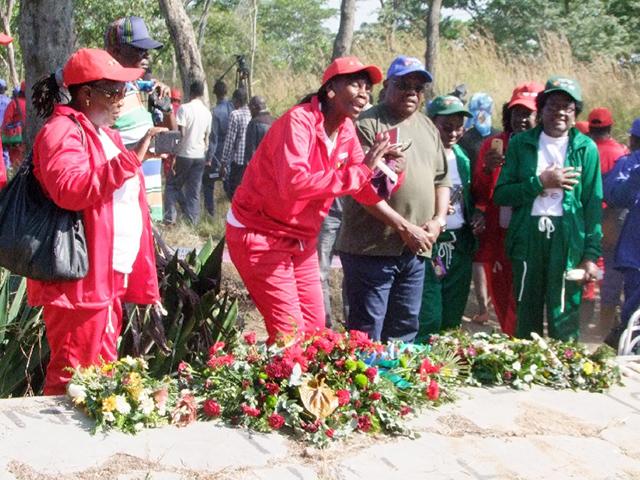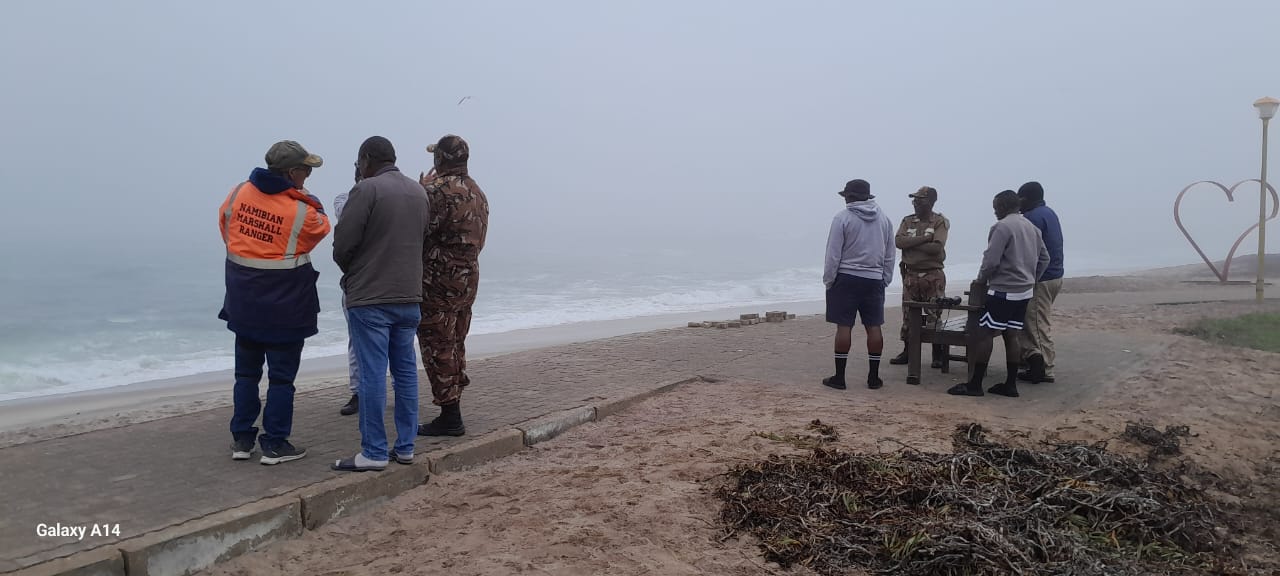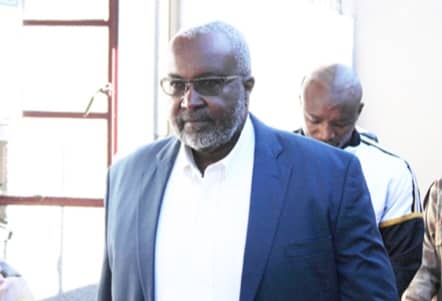GENEVA/TOKYO – The new flu strain is spreading widely in the United States and Japan and is likely to circulate worldwide, health officials said yesterday.
The H1N1 flu outbreak has put the world on the brink of a pandemic and ministers and experts were meeting in Geneva to discuss how to fight the virus with vaccines and drugs.’The outbreak is not over,’ senior US official Richard Besser said at the World Health Organisation’s (WHO) World Health Assembly.Japan confirmed yesterday that 125 people, many of whom had not been abroad, had been infected with the new strain after New York recorded its first death from the virus and Chile reported its first two cases.Forty countries have confirmed cases of the strain, a mix of swine, human and avian viruses, the WHO said.The WHO raised its global pandemic alert level last month to 5 on a 6-point scale in response to the spread of H1N1 in North America, which has had 95 per cent of the nearly 9 000 confirmed infections to date.Almost all the 74 deaths have been in Mexico. However, mostly people have only had relatively mild symptoms and there has been no decision yet on raising the alert level to six.Besser, the head of the US Centres for Disease Control and Prevention, said there was ‘widespread transmission’ in the United States, although he said the virus was not highly virulent for now.’Our best analysis suggests that this novel H1N1 virus is likely to circulate worldwide, similar to other seasonal flu viruses,’ he told a high-level meeting at the WHO’s assembly.Delegates, including Mexico’s Health Minister Jose Angel Cordoba, were discussing how best to respond to the virus.They will seek an agreement on how samples of the virus should be handled and shared with pharmaceutical companies working to develop vaccines to fight the strain.However, rich and poor countries remain at odds over whether the biological material can be patented. The meeting will also discuss poor countries’ needs for antiviral drugs like Roche’s Tamiflu and GlaxoSmithKline’s Relenza and any vaccines developed to confront the strain. – Nampa-Reuters
Stay informed with The Namibian – your source for credible journalism. Get in-depth reporting and opinions for
only N$85 a month. Invest in journalism, invest in democracy –
Subscribe Now!










